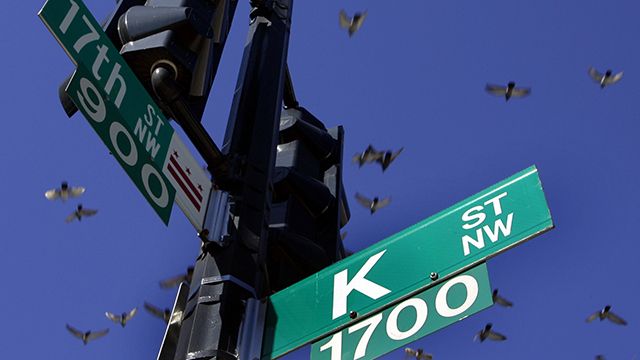
Yesterday, The Wall Street Journal published an article that looked at Wall Street’s latest assault on the Dodd-Frank Act’s Volcker rule, which seeks to knock the big banks off their too-big-to-fail pedestals. Lobbyists for major financial players are seeking to delay for as much as seven years a provision of the Volcker rule that limits banks’ ability to own private-equity and venture-capital funds.
The Volcker rule, a central component of Congress’s attempt to prevent a repeat of the recent financial crisis, curtails a bank’s ability to make speculative, often risky investments that don’t benefit customers. It was first proposed by Paul Volcker, a Federal Reserve chairman under both Jimmy Carter and Ronald Reagan. Regulators hoped the rule would be a partial fix for the damage done when the Depression-era Glass-Steagall Act — passed in 1933 to keep banks separate from risky security trading operations — was repealed in 1999.
Many analysts say that the risk-taking culture that exploded on Wall Street in the years that followed paved the way for the 2007-08 meltdown. The Volcker rule attempts to address this problem head-on. But banks have lobbied hard to make sure the rule, like other provisions of Dodd-Frank, is implemented late and kept weak. WSJ’s Andrew Ackerman and Ryan Tracy report:
Bank officials, trade groups and lawmakers are quietly lobbying the Federal Reserve to grant a reprieve of up to seven years from a provision that limits banks’ investments in private-equity and venture-capital funds, according to people familiar with the effort. Absent action by the Fed, the critics warn, banks will be forced to sell their stakes in these funds at fire-sale prices by next summer, when firms are expected to begin complying with the rule.
A delay would affect large banks including Goldman Sachs Group Inc., J.P. Morgan Chase & Co. and Morgan Stanley that manage and invest in such funds, industry officials said. It would also affect smaller regional banks that own stakes in the funds.
Originally, the Volcker rule was intended to be implemented in July 2012, but the five agencies working to write the regulation didn’t meet the deadline. It finally was approved in December 2013 and will, in theory, go into effect a year from now.
More than two dozen federal officials who helped enact new rules for Wall Street have decamped from government for lucrative jobs in the private sector.
Many of the officials who were foot soldiers in the Dodd-Frank effort have moved on to law firms, with several now advising clients on how to comply with the complex rules that they themselves had helped to write.
Meanwhile, four years after Dodd-Frank was signed into law by President Obama, regulators have missed 45 percent of their deadlines to finalize its rules, and still don’t have proposals for how 24 percent of those rules would work.
Learn more about the Volcker rule from Paul Volcker himself in this 2012 interview with Bill.


